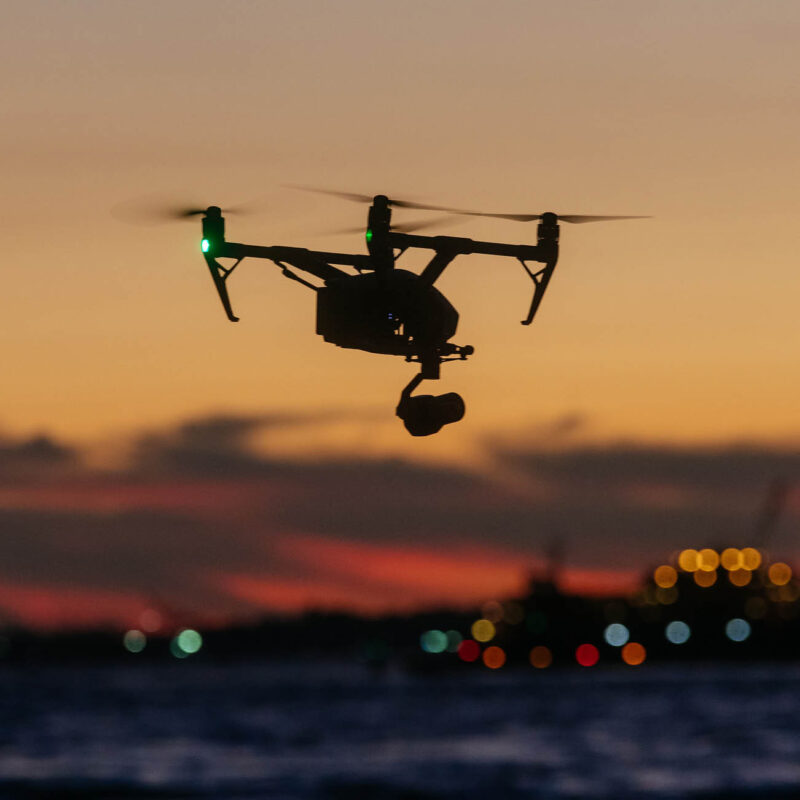
The Federal Aviation Administration (FAA) Safety Team has provided updates regarding Remote ID requirements for drones:
The FAA has announced an extension to the enforcement deadline for the Remote ID rule until March 16, 2024. This rule necessitates that drones capable of broadcasting their location and identification are compliant with the Remote ID to facilitate tracking and management of the airspace. After March 16, 2024, failure to comply with this requirement could result in penalties, including fines and possible revocation of pilot certificates.
This extension comes as a response to difficulties faced by drone operators in finding and obtaining the necessary remote identification broadcast modules. The FAA has acknowledged these unanticipated challenges and is allowing extra time for compliance.
Drone operators can meet this new deadline by either purchasing drones equipped with a standard Remote ID or by acquiring a Remote ID broadcast module that can be affixed to drones without built-in Remote ID equipment. The Remote ID serves as a digital license plate, aiding the FAA, law enforcement, and other federal agencies in identifying the control station of a drone that seems to be flying in an unsafe manner or in areas where drone flights are prohibited.
Additionally, the FAA has issued specific firmware update instructions for drone models such as the Phantom 4 Pro V2 and Phantom 4 Pro+ V2 to comply with the Remote ID rule. It’s important to follow these instructions carefully and also update any associated remote controller firmware and DJI GO 4 app to the specified versions to ensure compliance and operational capability.
The FAA has also issued a warning against updating the firmware if the GS Pro app is in use with the aircraft, as it is not supported in the new software package. After updating, operators should restart their aircraft and remote controllers and re-adjust any settings that may have been reset to default settings during the process.
In terms of applicability, all drones that are required to be registered, including those used for recreation, business, or public safety, must comply with the Remote ID rule. The specific Remote ID Serial number must be registered on the FAA DroneZone, reinforcing the importance of this identification system for the regulatory oversight of drones.
Soaring to new heights, together.
Be sure to visit the BWU Technology Partnerships Initiative website to learn more about how our NEOFIX program drives economic growth, promotes policy and infrastructure to improve drone safety and efficiency in various industries, and ensures that drone technology is being used responsibly.

